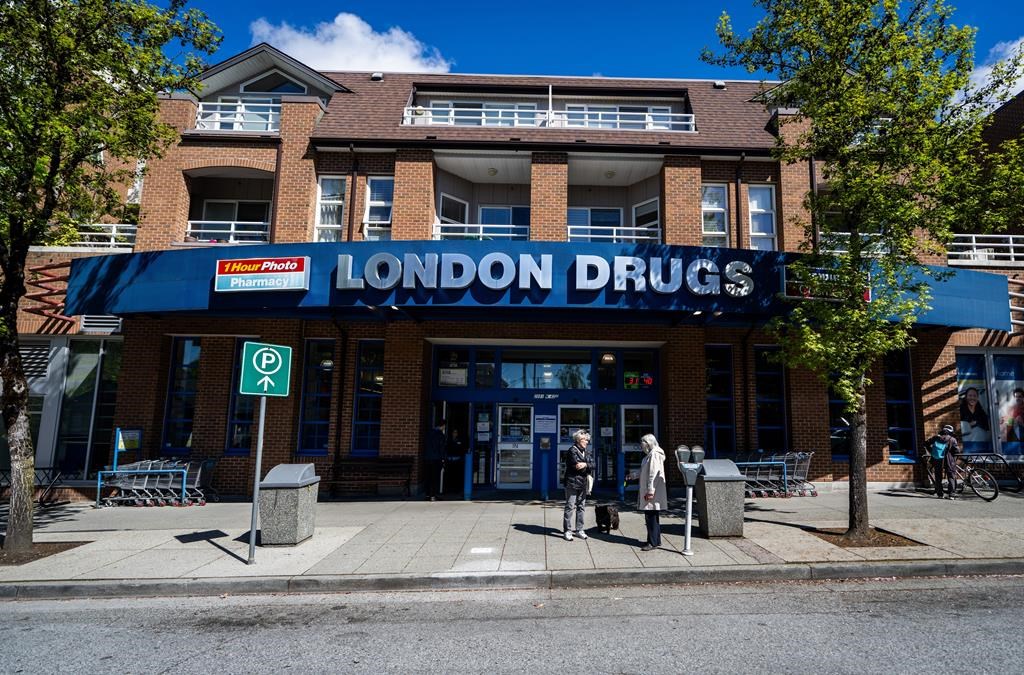Tackling mental health before it becomes a crisis: goal of new Calgary facility
Posted May 8, 2018 3:19 pm.
This article is more than 5 years old.
Priscilla Cherry has been there.
Sexual trauma and abusive relationships. Family history of addiction and homelessness. A vicious circle of anxiety and depression.
“When I got caught up in the system, they said it was a six-month waiting list before I could have to talk to somebody,” she said Tuesday. “A lot can happen in six months.”
It wasn’t until Cherry found peer support in her treatment that her life shifted for the better and now she’s giving back as a specialist at a first-of-its-kind facility in Alberta.
On Tuesday, the Calgary Region of the Canadian Mental Health Association opened the Centre for Excellence in Recovery and Peer Support, including its Recovery College.
The facility is based on models from the United Kingdom and Australia, with two similar facilities in Manitoba where a main goal is to help with mental health through peer support before a problem becomes a crisis.
“Foster that community and that feeling of we’ve been there too, and you’re not alone,” Cherry said.
The region’s executive director Laureen MacNeil said even before the grand opening, Calgarians were already finding services at the region’s headquarters at 1040 7 Avenue S.W., with about 325 people a month so far.
“We have built the capacity to serve up to almost 20,000 people,” she said, adding the personal development courses they offer are available throughout the city.
It’s emphasized the Recovery College is not considered a clinic in the formal health care system and possible clients can include an overwhelmed student, a new parent going through postpartum depression or someone who just lost their job.
CHMA Calgary Chair Ross Manning said it’s a broad spectrum.
“I feel a little depressed today to I actually need clinical care, this sits in the middle,” he said. “I don’t need to enter into the medical system, or I want to do some things on my own versus just look at a webpage, it’s a way to come and get direct support and take your own healing and your own recovery in your own hands.”
Dr. Patrick Smith, national CHMA CEO, said that model can have major financial benefits to the health care system as a whole.
He likens the service to treating cancer that is detected early, as opposed to before it gets worse and requires more painful, costly and invasive therapies.
“If you can actually have access to them early on, then it’s going to save huge expenses down the road,” he said. “By not investing in these kinds of services, we’re exacting a financial burden on every Canadian.”
For more information, click here.










